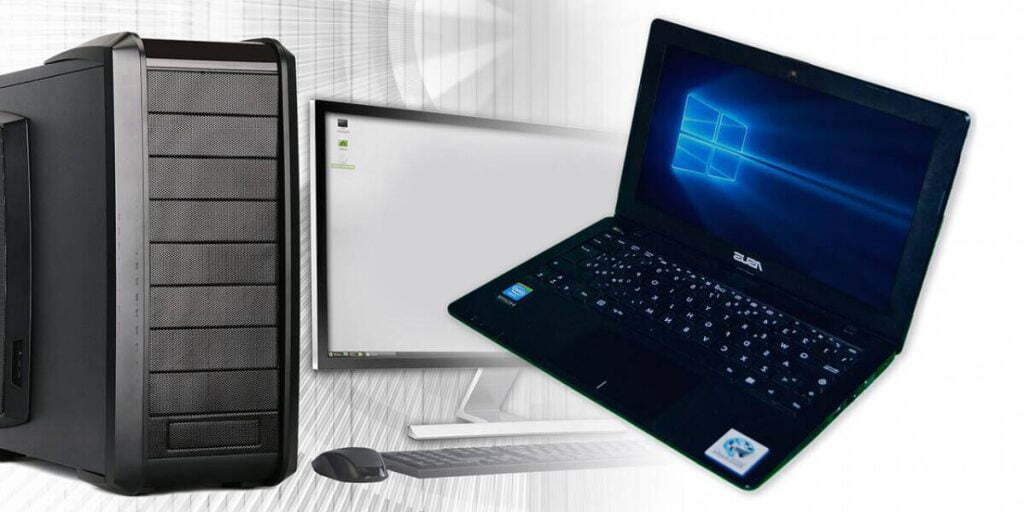If you haven’t made up your mind about whether to get a laptop or a desktop computer for home use, then you might want to look into their respective lifespans as a deciding factor.
That is, of course, if portability and space aren’t an issue at all.
Take note that laptops have a generally shorter lifespan than desktops. More specifically, laptops can last an average of only two to three years.
This is because while desktops have larger CPUs, laptops are more compact and have much less ventilation. In addition, the fact that they’re portable makes laptops susceptible to more gradual wear and tear, too.
The difference between these two devices in terms of their life cycle is something you’ll have to consider, along with their other pros and cons.
It would help if you also thought about your short-term and long-term plans regarding computer usage and budget.
For instance, you’ll have to get a laptop if you need portability, but that could also mean saving up for a new laptop in two years if the old one decides to give up.
Why a desktop makes more sense for home use
If you’re getting a computer for home use and don’t need to bring it around to other places, a desktop would make a wiser, more practical, and cost-efficient choice.
Aside from the fact that a desktop lasts years longer than a laptop, many advantages come with having removable components.
With a laptop, the only components you can remove and upgrade are the memory and the hard drive, while all the rest are built-in and can’t be taken out.
So if you absolutely need to upgrade something other than these two components, that means it’s time to buy a new laptop that already has everything you need in one package.
And that in itself may not be cost-effective for you if you’re on a budget.
Needless to say, it’s easier to upgrade things when you have a desktop. And because desktops have larger cases, there’s room inside to add more.
This ability to upgrade and add components allows you to extend your desktop computer’s functional life.
What’s more, having separate components means that when your desktop has taken a beating and needs to be replaced, you can continue to use the still-good parts.
Conclusion
On average, a desktop computer lasts three to four years, but it could last much longer with proper care and maintenance. So, there really is no need for you to replace it with a new one after it hits the three-year mark.
One excellent thing about desktop computers is that they have long-lasting hardware and removable components that you can easily upgrade.
In addition, if one component needs replacement, the rest of the computer is still good and functional. So you’d only need to replace your desktop computer when it doesn’t meet your needs anymore.




